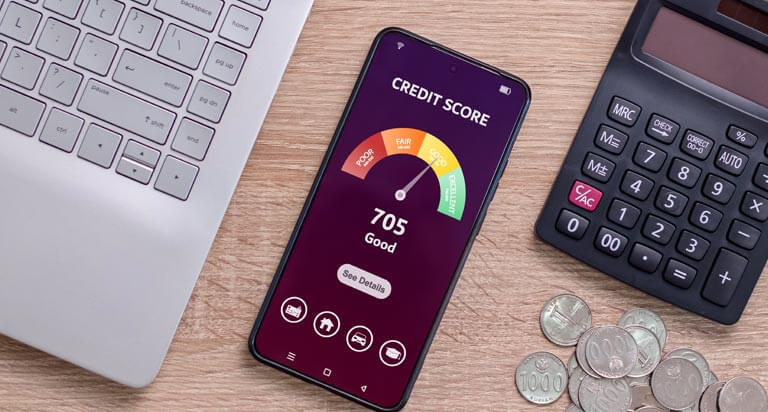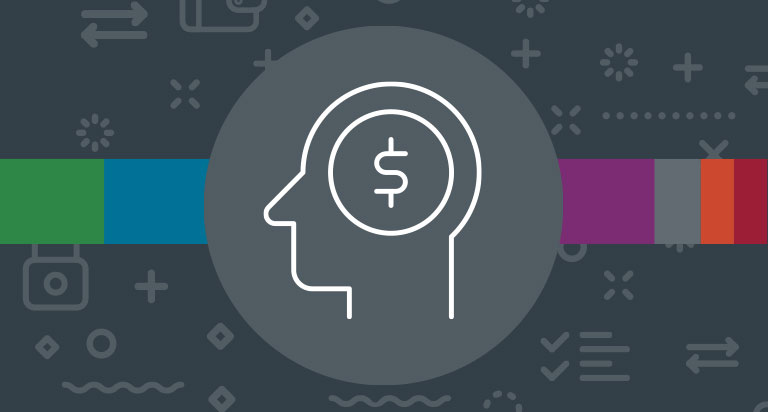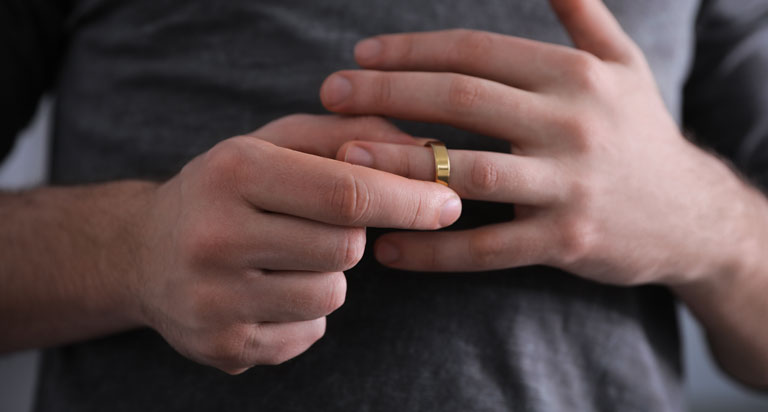Why Your Credit Scores May Drop After Paying Off Debt


Highlights:
- It's possible you could see your credit scores drop after paying off a loan or credit card debt.
- Paying off debt can affect your credit mix, history or credit utilization ratio.
- While your credit scores may dip from paying off debt, you should not ignore what you owe.
Paying off a large debt, like a student loan or a car loan, is a big achievement. So why does it sometimes cause your credit scores to drop? Paying off your debts is a necessity and the hit to your credit is only temporary. Let Equifax® help walk you through why paying off your debts may affect your credit and how you can manage it.
What elements affect my credit scores?
It's important to know why your credit scores dropped after paying off your debts. Your credit scores come from information from your credit reports. These reports come from each of the three nationwide consumer reporting agencies (NCRAs). The NCRAs — Equifax, TransUnion® and Experian® — receive information about your lines of credit from lenders and creditors. These include your personal loans, credit cards and auto and mortgage loans.
There are many formulas and scoring models used to calculate credit scores, and these are the factors most frequently used.
- Payment history
Your payment history shows how you have repaid credit in the past. Certain behaviors, such as late or missed payments, can have a negative impact on your credit scores. - Length of credit history
Your credit reports track the amount of time your credit accounts have been active. A longer credit history can have a positive effect on your credit scores. - Newer lines of credit
Any recent credit accounts you have opened are also considered in your credit scores. - Credit mix
The different types of credit accounts, like loans and credit cards make up your credit mix. Having a diverse credit portfolio can have a favorable impact. - Credit utilization ratio
The amount of revolving credit used divided by the total revolving credit available is your credit utilization ratio. This can have an impact on your credit scores.
Why might my credit scores drop after paying off debts?
After you pay off your debt, you may notice a drop to your credit scores. This happens because removing the debt affects certain factors affecting your credit score. These include your credit mix, your credit history or your credit utilization ratio. For example, paying off an auto loan can lower your credit scores. This is because it impacts the diversity of your credit mix. Creditors like to see that you can manage different types of debt. Paying off your only line of installment credit could reduce your credit mix.
If you pay off a credit card debt and close the account, your credit scores could also drop. This is because it lowers your total available credit when you close a line of credit. This could result in a higher credit utilization ratio. Also, if the account you closed was your oldest line of credit, it could impact the length of your credit history. This can also cause a drop in your credit scores.
When will my credit scores improve after paying off my debts?
Paying off debt is more likely to help your credit scores than to hurt them. You are likely to see your credit scores improve after paying off debt. The three NCRAs receive new information from your creditors and lenders every 30 to 45 days. If you've recently paid off a debt, it may take more than a month to see any changes in your credit scores. You will probably start to see improvements to your scores again 30 to 45 days after you pay off your debts.
While your credit scores may dip from paying off debt, that doesn't mean you should ever ignore what you owe. The drop to your credit scores when you pay off debt is unlikely to be permanent. It's always a good idea to keep up with your debt payments and repay what you owe. The long-term benefits to your credit scores and the ability to live debt-free are well worth it.
Equifax can help you track your credit score performance
After paying off a debt, you should check your credit reports to make sure the information is accurate. You can receive free Equifax credit reports with a myEquifax™ account. You can also get free credit reports from the three NCRAs at AnnualCreditReport.com.



